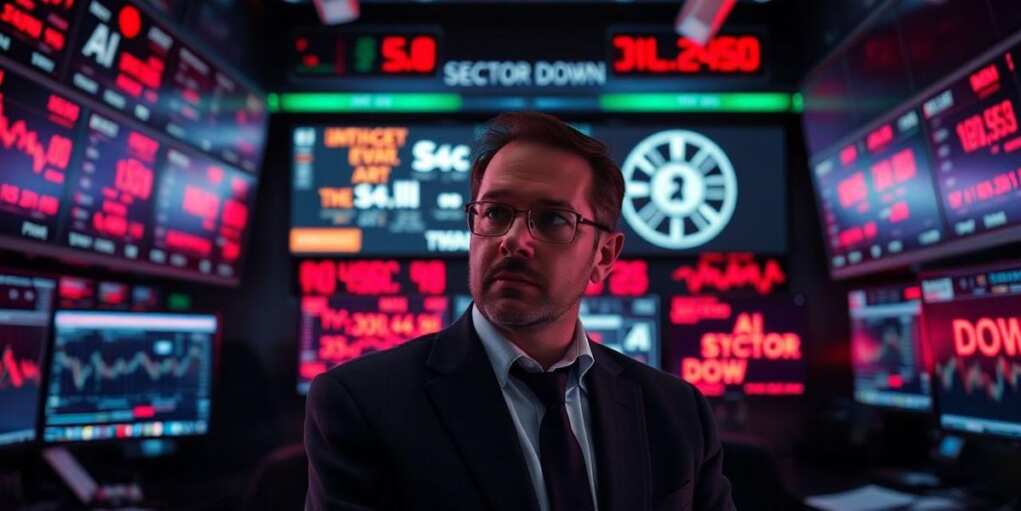Legendary Investor Tells Americans To Prepare For Bubble Burst

Michael Burry, the hedge fund manager known for predicting the 2008 housing collapse, is warning that Wall Street is heading for another painful reckoning — this time over artificial intelligence. The investor, who inspired the movie The Big Short, has placed massive bets against some of the biggest tech names leading the AI boom.
Regulatory filings show that Burry’s firm, Scion Asset Management, bought large put options — a form of wager against a company’s stock — on Nvidia and Palantir Technologies. The filings, released this week, reveal that Burry is positioning for a downturn in both companies, signaling his belief that the AI market is dangerously overvalued.
The move came just days after Burry posted a cryptic warning on social media that hinted at market trouble ahead. He shared an image of his movie counterpart from The Big Short with the words, “sometimes, we see bubbles.”
Following the disclosure, Palantir’s stock tumbled nearly 7 percent in morning trading. Nvidia also dipped by more than 2 percent as investors reacted to fears that the AI sector’s rally may not be sustainable.
Concerns about the rapid rise of AI-related stocks have been growing for months. Analysts have pointed to what they describe as “circular financing,” with major firms like Nvidia, OpenAI, and others investing in one another’s products and services — creating an inflated loop of value that may not hold.
This is not the first time Burry has bet against the AI wave. Earlier this year, Scion revealed that it had sold off almost all of its equity holdings and placed similar put options on Nvidia, along with several major Chinese tech firms.
In past filings, Burry noted that some of his positions were used to hedge other investments, but his latest report did not include that clarification. This suggests his new bets are direct challenges to the strength of the tech giants driving today’s market.
Burry’s decision echoes his approach during the housing crisis, when he recognized warning signs that few others were willing to see. Back then, his bets against mortgage-backed securities made him one of the few investors to profit when the market collapsed.
Adding to the growing unease, billionaire Jeff Bezos recently weighed in on the AI frenzy, describing it as an “industrial bubble.”
“In an industrial bubble, all ideas get funded,” Bezos said. “The good ideas and the bad ideas. And investors have a hard time in the middle of this excitement, distinguishing between the good ideas and the bad ideas. And that’s also probably happening today.”
Bezos added, “But that doesn’t mean anything that is happening isn’t real. AI is real, and it is going to change every industry.”
Still, investors are beginning to question how long the AI gold rush can last. Stocks like Nvidia have soared more than 200 percent in the past two years, while smaller firms tied to artificial intelligence have followed suit, often without showing any profit.
Market veterans like Burry are now warning that the excitement surrounding AI could mask deeper weaknesses — similar to the dot-com crash of the early 2000s.
Whether the market corrects itself or crashes outright, one thing is certain: the man who saw disaster coming once before now believes another one is taking shape.

